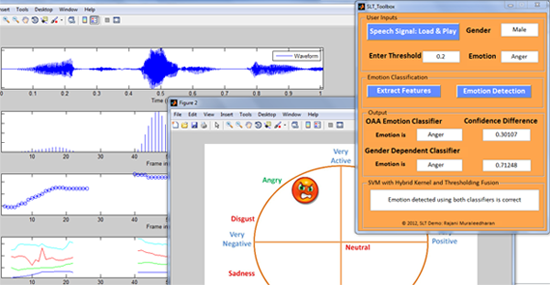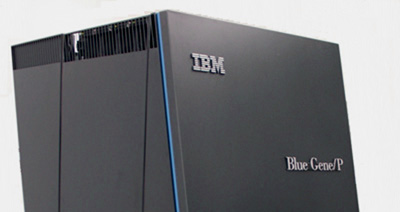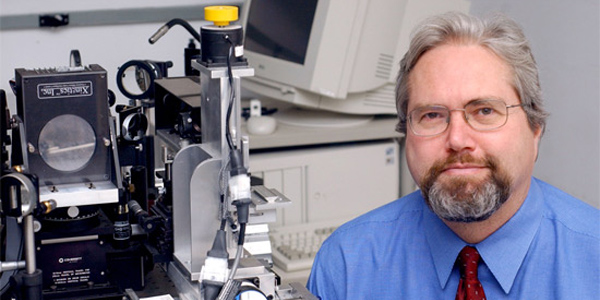
Smartphones: the New Mood Ring?
If you think having your phone identify the nearest bus stop is cool, wait until it identifies your mood. Rochester engineers are developing a new computer program that gauges human feelings through speech, with substantially greater accuracy than existing approaches.

Dark Matter Detector Installed Underwater, Underground
An experiment to look for one of nature’s most elusive subatomic particles is underway in a stainless steel tank nearly a mile underground beneath the Black Hills of South Dakota. And among the dozens of scientists involved in the research is physics Professor Frank Wolfs.

Optical Society Celebrates Emil Wolf’s 90th Birthday
A leading expert in the fields of coherence and polarization properties of optical fields, he is well known for collaborating with Nobel Laureate Max Born on the book Principles of Optics. First published in 1959, it is now in its seventh edition and widely used by students to this day.
Physics Chair Applauds ‘Beautiful Experiments’ by Nobel Prize winners
The Nobel Prize for Physics was awarded today for work in the field of quantum optics, an area of physics that was pioneered in large part at the University of Rochester.

Bringing “All Hands on Deck” on Big Data
Modeling future climates or using genomic analysis to understand the mechanisms of cancer both require analyzing vast or very complex data, and exploiting the opportunities of “big data” is one of the biggest challenges in computing.

Williams awarded for ‘major breakthrough’ in vision science
The $630,000 Champalimaud Award goes to Professor David Williams for his work on adaptive optics technologies.

How Much Gulf Spill Oil Was Consumed by Bacteria?
Researchers from the University of Rochester and Texas A&M University have found that naturally occurring bacteria that exist in the Gulf of Mexico consumed and removed at least 200,000 tons of oil and natural gas after the 2010 Deepwater Horizon spill.
